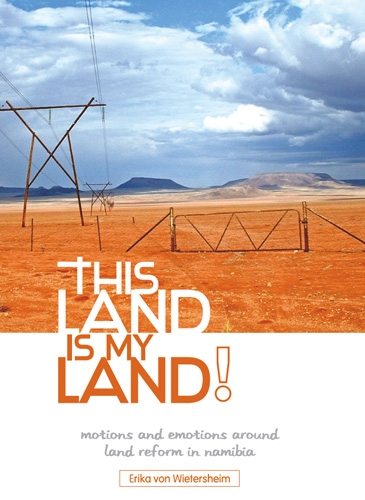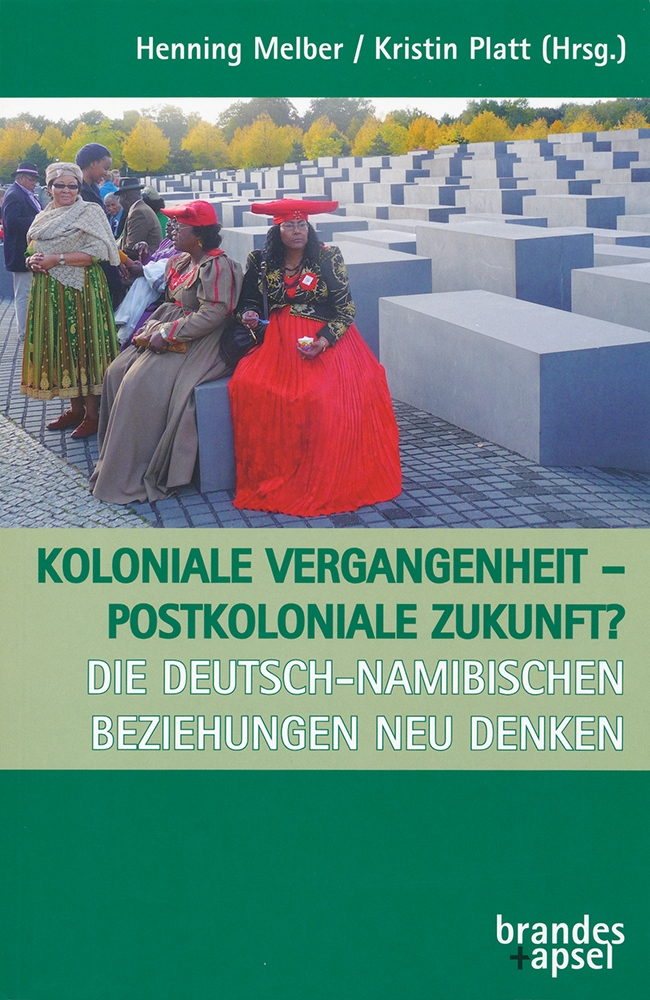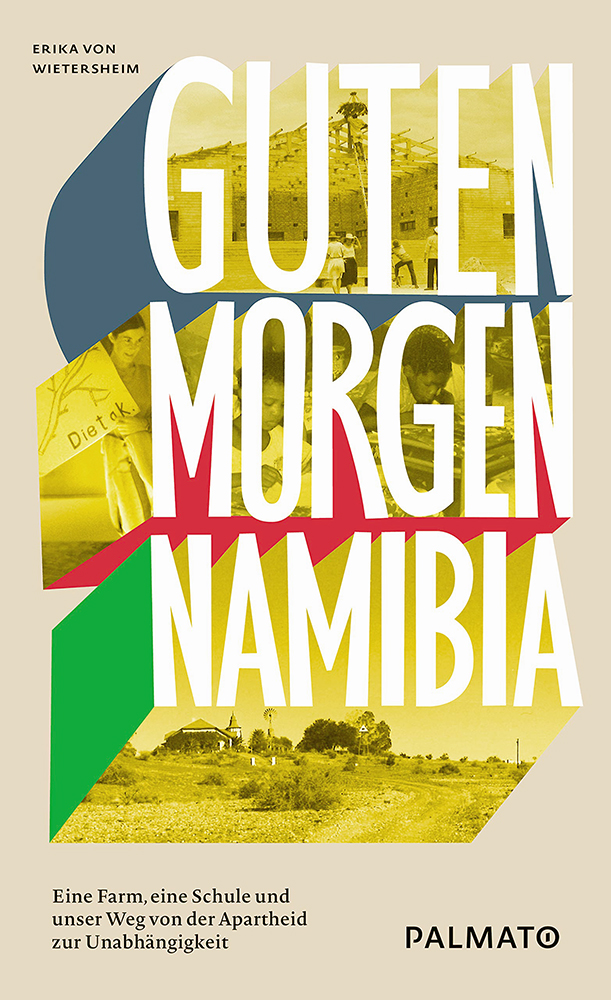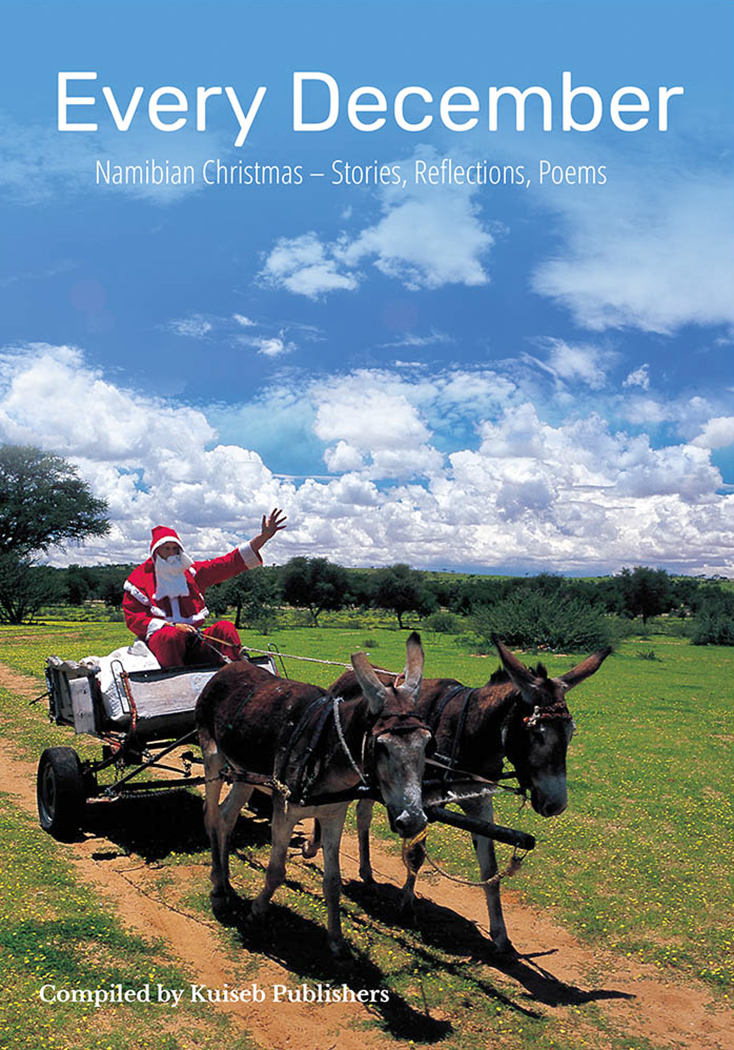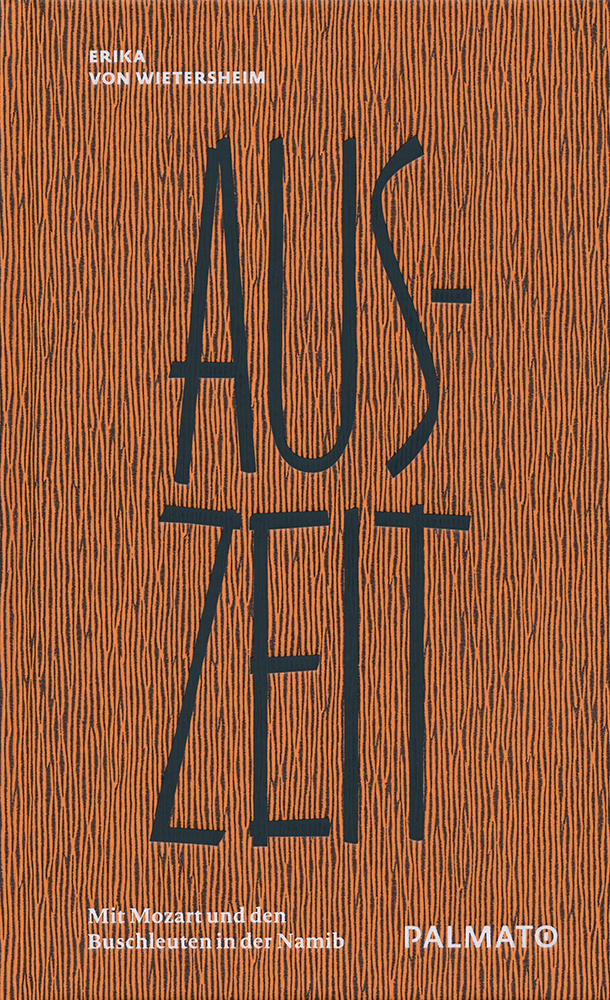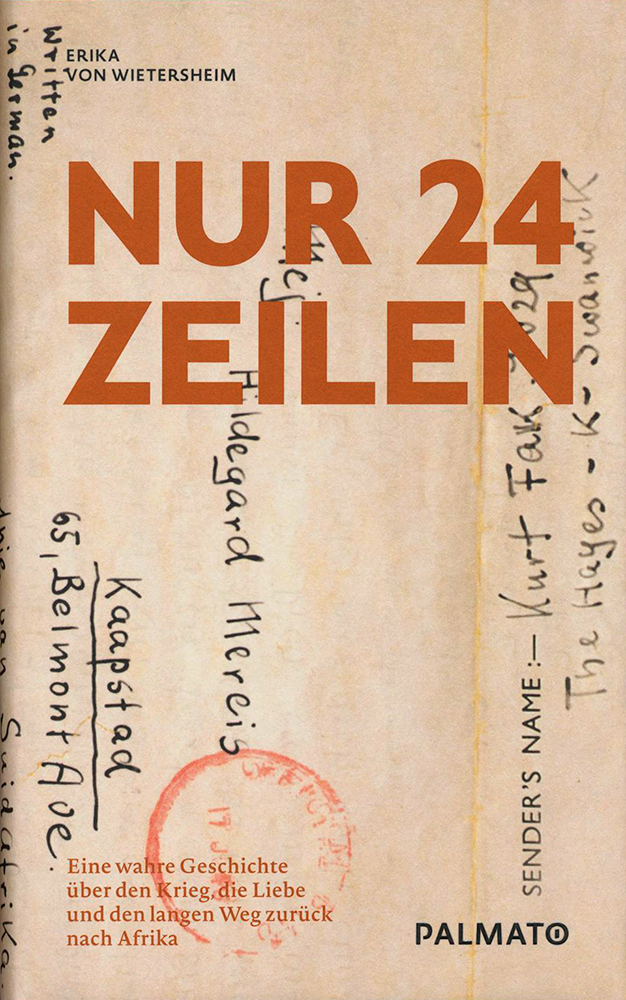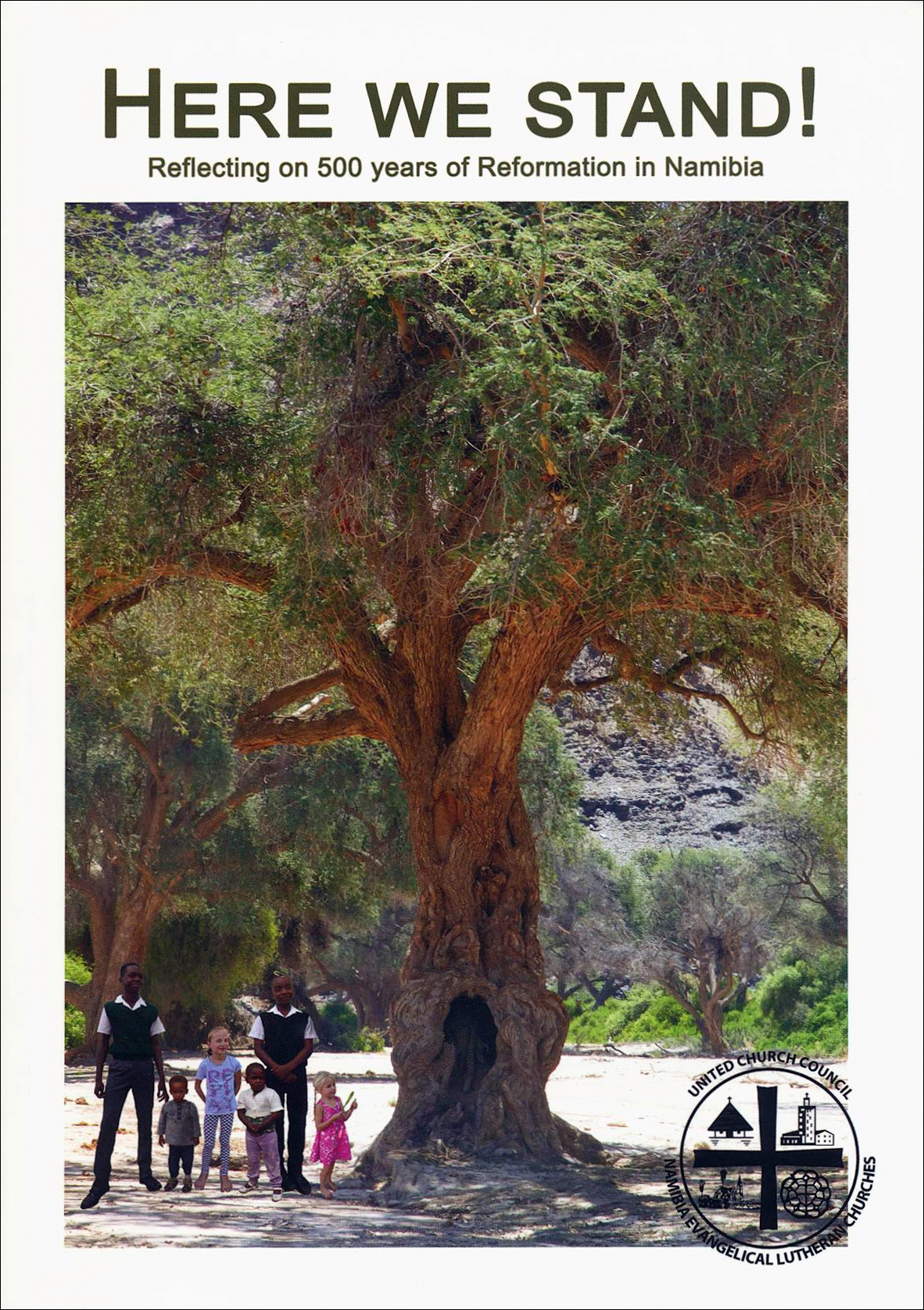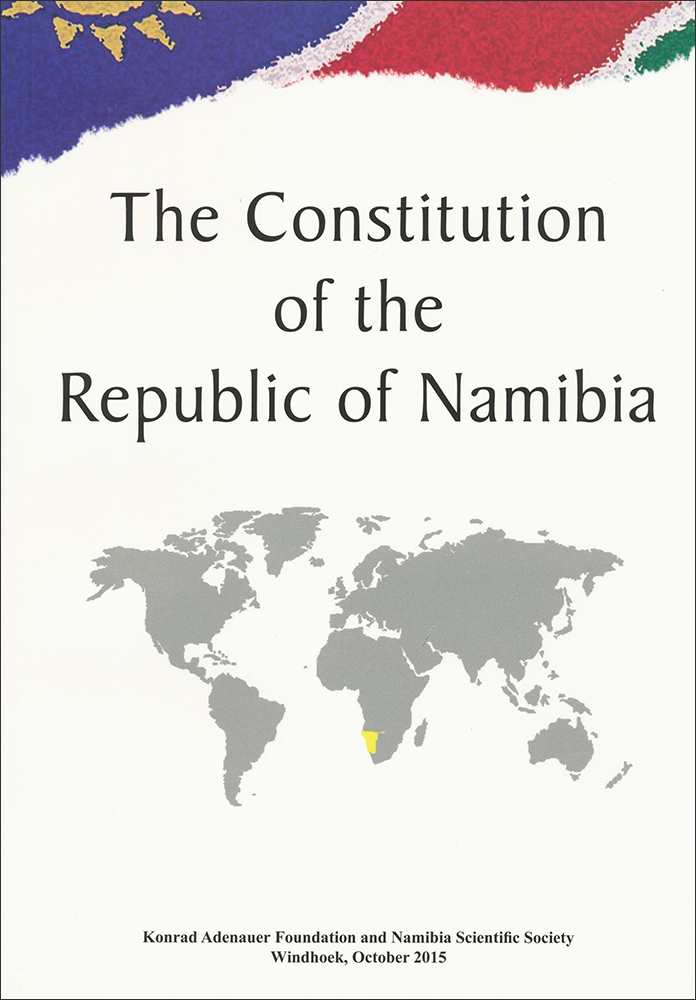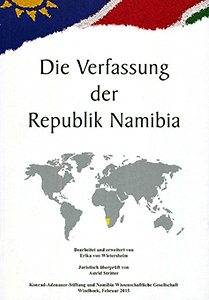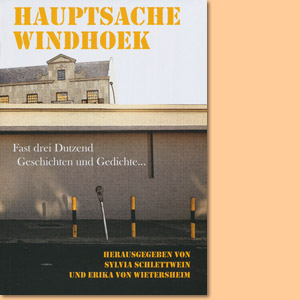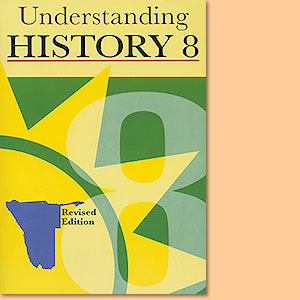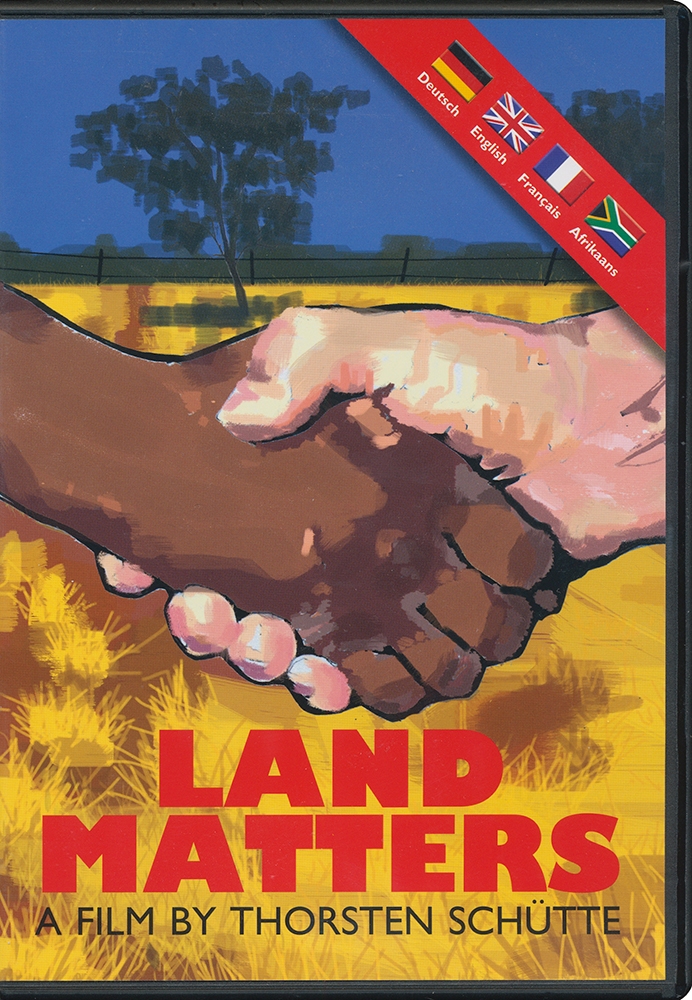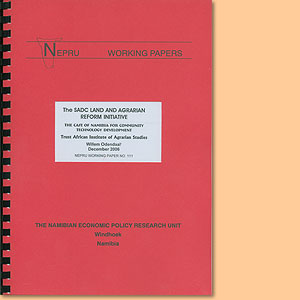This land is my land! Motions and emotions around land reform in Namibia, von Erika von Wietersheim
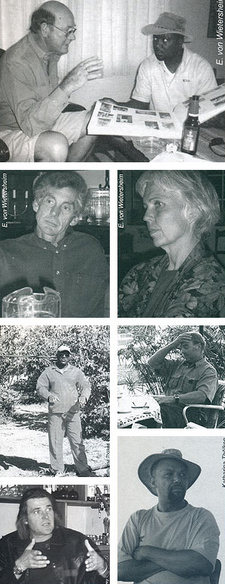
This land is my land! Motions and emotions around land reform in Namibia, von Erika von Wietersheim.
18 years after independence, the land question still stands firmly on the political agenda in Namibia. Righting the wrongs of the past and changing the racially skewed land ownership, while at the same time maintaining social peace, agricultural productivity and a prosperous economy, has remained a challenge. A book by Erika von Wietersheim.
So far, the Namibian Government's approach to land reform has by and large been cautious, politically prudent, and informed by sensitivities on both sides of the racial divide. About 17% of the formerly exclusively white-owned commercial farm land is now in the hands of black Namibians. However, while for some the process of land reform has been disappointingly slow, others perceive it as too fast, given the real or perceived capacity constraints on the part of the Namibian State, or of the new 'emerging' farmers. Also, while some regard the process as too politicized and lacking transparency, others see it as much too market-driven. Whether Namibia's land reform policies can realistically achieve their stated objectives in terms of poverty reduction, employment creation and income distribution is also a matter of debate. There is, however, unanimity that the land question remains a highly 'sensitive', 'emotional' and potentially 'explosive' issue. Much has been written about land reform in Namibia over the past 18 years: polemical essays, scholarly articles, socio-economic and agronomic studies, consultancy reports and summaries of conference proceedings - supplemented by newspaper reports on current land-related issues. These publications have provided a vast array of perspectives on land and land reform in Namibia. However, in our view, one fundamental aspect has never received the attention it deserves, namely the 'human' or 'emotional' side of land reform. Although often mentioned as key factor for understanding the explosive nature of the land issue, and although sometimes seen as even decisively driving the land reform process, literature has so far not systematically dealt with the emotions and perceptions of both the landless and the owners of land.
The present publication by Erika von Wietersheim is closing this essential gap in the current research. Based on formal interviews with policy makers and numerous informal talks with people who have been directly affected by the land issue, Erika von Wietersheim provides the reader with exciting new insights and a number of surprising connections and correlations. Through her sensitive style of writing she succeeds in bringing the reader close to her interview partners so that their feelings, when talking about land, can be understood and they can be seen as the human beings they are.
The mission of the Friedrich-Ebert-Stiftung is to contribute to the promotion of democracy, social justice, peace and international understanding through capacity-building, policy development and public dialogue. Although we may not necessarily agree with all aspects of this publication, we proudly associate ourselves with it. In the words of her protagonists, Erika von Wietersheim's book 'tells it like it is'. As such, we see it as an excellent contribution to public debate; it could trigger an honest dialogue about land across the racial divide - in a spirit of mutual understanding, respect and support, as the basis for a shared destiny. "This land is my land!" is also recommended to readers who have no or little previous knowledge about land and land reform in Namibia. Exciting, never boring and presented in an easy flowing, intelligible language, this is their book to start with. "This land is my land" does not only deal with the previously neglected human sides of the land puzzle; the formal aspects of the land reform process are equally well researched and dealt with. We are convinced that this publication has what it takes to appeal to a wide audience both within and outside Namibia.
von Wietersheim, Erika im Namibiana-Buchangebot
This land is my land! Motions and emotions around land reform in Namibia
This land is my land looks at what land reform in Namibia is all about and where motions and emotion have their origins.
Koloniale Vergangenheit – Postkoloniale Zukunft? Die deutsch-namibischen Beziehungen neu denken
Koloniale Vergangenheit – Postkoloniale Zukunft? Die deutsch-namibischen Beziehungen neu denken. Beiträge zur Komplexität von Erinnerungskultur, Verantwortungsübernahme und gesellschaftlichen Ungleichheiten.
Guten Morgen, Namibia!
Guten Morgen, Namibia: Erinnerungen an Farm Gras, die Schulzeit und den Weg von der Apartheid zur Unabhängigkeit Namibias.
Every December. Namibian Christmas: Stories, Reflections, Poems
Many Namibian authors have contributed to the book Every December. Namibian Christmas: Stories, Reflections, Poems.
Aus-Zeit: Mit Mozart und den Buschleuten in der Namib
Aus-Zeit: Mit Mozart und den Buschleuten in der Namib ist ein Bericht einer örtlich begrenzten Reise in Namibia und zu sich selbst.
Nur 24 Zeilen. Eine wahre Geschichte über den Krieg, die Liebe und den langen Weg zurück nach Afrika
Eine wahre Geschichte über den Krieg, die Liebe und den langen Weg zurück nach Afrika: 'Nur 24 Zeilen' ist ein biographisches Buch über Familienbeziehungen zu Zeiten Südwestafrikas und Namibias.
Here we stand. Reflecting on 500 years of Reformation in Namibia
Here we stand: Reflecting on 500 years of Reformation in Namibia includes articles by Namibian bishops, theologians, pastors, academics and lay members of the Lutheran community.
The Constitution of the Republic of Namibia
The Constitution of the Republic of Namibia including all Amendments, Namibian and African Union anthems, Namibian flags and seals, Resolution 435 Members of the Constituent Assembly 1982, and Constitutional Principles.
Die Verfassung der Republik Namibia
Dies ist die erweiterte Auflage (2015) der Verfassung der Republik Namibia in deutscher Sprache.
The agony of truth. Autobiography of Samson Ndeikwila
The Agony of Truth is Samson Ndeikwila's autobiography on SWAPO's ugly hidden secrets of unexplained deaths, disappearances, unjustified imprisonment, torture and accusations during the struggle for power in Namibia.
Hauptsache Windhoek
Die Sammlung Hauptsache Windhoek enthält drei Dutzend Geschichten und Gedichte über die Hauptstadt Namibias.
Understanding History - Grade 8 Revised edition
Understanding History - Grade 8 Revised edition - includes all historical topics contained in the Current Junior Secondary History syllabus.
Weitere Buchempfehlungen
Land Matters. Strategien als Reaktion auf Auswirkung der Landreform in Namibia
Wie Farmer in Namibia Strategien als Reaktion auf Auswirkung der Landreform entwickeln und ihre Gedanken darüber zeigt der Film Land Matters.
The SADC Land and Agrarian Reform Initiative. The case of Namibia
Willem Odendaal works in the Legal Assistance Centre on the Land, Environment and Development Project

